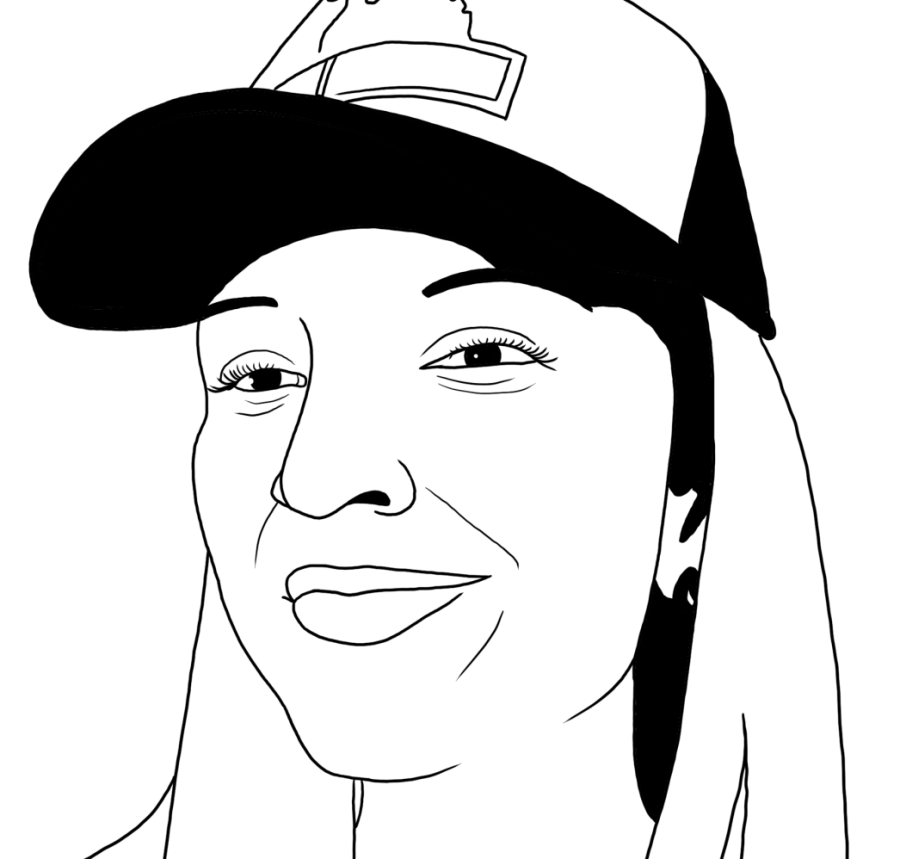From the Apple Watch, to Fitbit, Oura and more, the list of wearable health and fitness technology lengthens every year. These gadgets have proven to be popular for keeping track of daily activities, basic health parameters, exercise goals and more. As patients and doctors begin to use these data more in clinical settings, they are transforming the way medical care is done for both doctors and patients.
Wearable tech has gotten more sophisticated since the first heart rate monitors for fitness hit the market in the 1980s. The first “smartwatch” capable of everything a smartphone could do at the time hit the market in 2013, although it did not track heart rate.
These days, smartwatches are capable of so much more than accessing apps and making calls. They can measure heart rhythm and rate. They can detect and measure sleep activity, including whether you are snoring.
These data can be helpful if you are trying to work on a healthy lifestyle or discover what your habits are. The associated apps also provide small tidbits of information about how the data is collected and provide a little bit of interpretation to help encourage healthy patterns. An example of this is the “readiness score” on the Fitbit platform, which uses your sleep patterns, activity levels and heart rate variability to estimate your readiness for your day.
Blood and sweat, but no tears yet
Recently, health trackers have become able to monitor health information that used to be measured exclusively by professionals. Several smartwatch companies have integrated electrocardiogram (ECG) into some of their models to measure heart rhythm and detect irregularities, providing perhaps the most mobile ECG access we have seen so far.
But how accurate can these single-contact-point wrist measurements be outside of the controlled, clinical environment where you are lying still with 12 leads attached to your torso and limbs?
Clinical studies of these tracker-integrated ECG measurements suggest that, while the smartwatch ECG can be effective in detecting some abnormal heart rhythms, it still falls short of the 12-lead ECG performed in clinic and hospital settings. Smartwatch-based ECG can be prone to false negatives, where an abnormal rhythm happens but the watch does not detect it while the 12-lead ECG would. This could be dangerous if a person has an abnormal rhythm but they skip visiting the doctor because their watch said they were fine.
In August, scientists at the California Institute of Technology developed a new wearable device that can measure levels of different metabolites—circulating chemicals important for metabolism—in your sweat. When levels of certain metabolites are abnormal, this may indicate disease.
So far, this is a stand-alone device, but we could certainly see this technology integrated into smartwatches in the future.
Health tracking as a supplement to primary care
There will likely always be conditions that cannot be monitored by wearable health trackers, but could these devices ease some of the burden on health care workers?
If patients were to faithfully track their health habits and vital signs, this could alleviate some of the burden on physicians to collect this information and allow them to start visits one step further along in their patient assessment. Additionally, health trackers collect data over time and on a relatively constant basis, which captures trends that infrequent visits to the doctor cannot capture.
It is a big “if,” but research suggests that using health trackers does increase patient compliance to treatment recommendations.
However, doctors will always need to evaluate whether health tracking data that their patients bring in is relevant to their health status. This interpretive part of medicine will not be rendered unnecessary any time soon.
There is also a concern that this transition to “big data” in health tracking is taking over the human aspect of medicine, and app-based advice is replacing the trust we once held in our doctors.
In many ways, medicine has been moving toward “patient empowerment” because, when patients are more involved in medical decision-making, they are more likely to follow through on treatment and lifestyle changes.
This transition hinges on patients placing trust in their doctors, as well as the health tracking industry.
However, patient empowerment can also cause tension at times. While doctors generally have more relevant training and experience than the patients they are treating, patients have access to the wealth of knowledge and data that exists on the internet. This can lead to arguments over what information is real or fake, valuable or useless.
How do we determine what is real and what is fake in terms of health and medical “knowledge?”
The answer is unbiased data. This is what doctors need to base their recommendations on. This is what patients need to base their choices on. This is what smartwatches and other devices can contribute to the field of medicine in a way that no clinical anecdote can.
This is why patients need to collect their health data honestly and consistently, and the trends seen in individuals need to be evaluated by peer-reviewed studies with participant consent.
Human beings make interpretations constantly in life, but if we are to make informed decisions, we need facts and data to back us up. Collecting longitudinal data over time can tell us an awful lot about ourselves if applied correctly and collected honestly.
Would you like Allison to follow up on this topic or explore something specific? Contact her at [email protected] with questions, comments or story ideas.



















